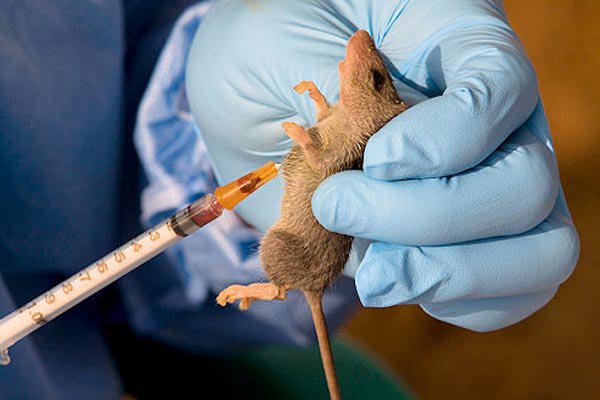From January to June 1, 2025, the Nigeria Centre for Disease Control and Prevention (NCDC) confirmed 747 cases of Lassa fever out of 5,394 people who were suspected to have the disease.
These confirmed cases came from 18 different states and 96 local government areas, according to the NCDC’s latest report shared on its website on Thursday.
So far, 142 people have died from Lassa fever in Nigeria this year. The death rate is 19%, which means that about one in every five people who got the disease died from it.
Lassa fever is a serious illness caused by a virus. It can lead to bleeding and other severe symptoms.The virus is mainly spread by a type of rat called the multimammate rat (also known as the African rat), though other rodents can also carry the virus.
As of week 22 of 2025, a total of 142 deaths had been reported, with a 19% death rate. This is slightly higher than the same time in 2024, when the death rate was 18.1%.
In 2025, at least one confirmed case of Lassa fever has been found in 18 states and 96 local government areas. Most of the cases (91%) came from five states: Ondo, Bauchi, Edo, Taraba, and Ebonyi. The other 13 states made up just 9% of the cases.
Here’s how the confirmed cases are spread among the top five states: Ondo had 31%, Bauchi had 25%, Edo had 16%, Taraba had 16%, and Ebonyi had 3%. Most people who got sick were between the ages of 21 and 30.
The average age was 30. Slightly more men than women were affected.Here is the number of deaths reported in each state: Ondo (28), Bauchi (16), Edo (21), Taraba (34), Ebonyi (11), Kogi (4), Gombe (7), Plateau (5), Benue (5), Nasarawa (4), Kaduna (2), Enugu (1), Delta (2), Cross River (1), and Ogun (1).
The number of confirmed cases in each state is as follows: Ondo (229), Bauchi (186), Edo (122), Taraba (116), Ebonyi (21), Kogi (15), Gombe (14), Plateau (13), Benue (11), Nasarawa (6), Kaduna (3), Enugu (3), Delta (2), Cross River (2), Borno (1), Ogun (1), the Federal Capital Territory (1), and Anambra (1).
The report also said there were fewer suspected and confirmed cases of Lassa fever this year compared to the same time in 2024.
The national Lassa fever response team, which includes many partners and sectors, has been activated to manage the situation and coordinate efforts across the country.


